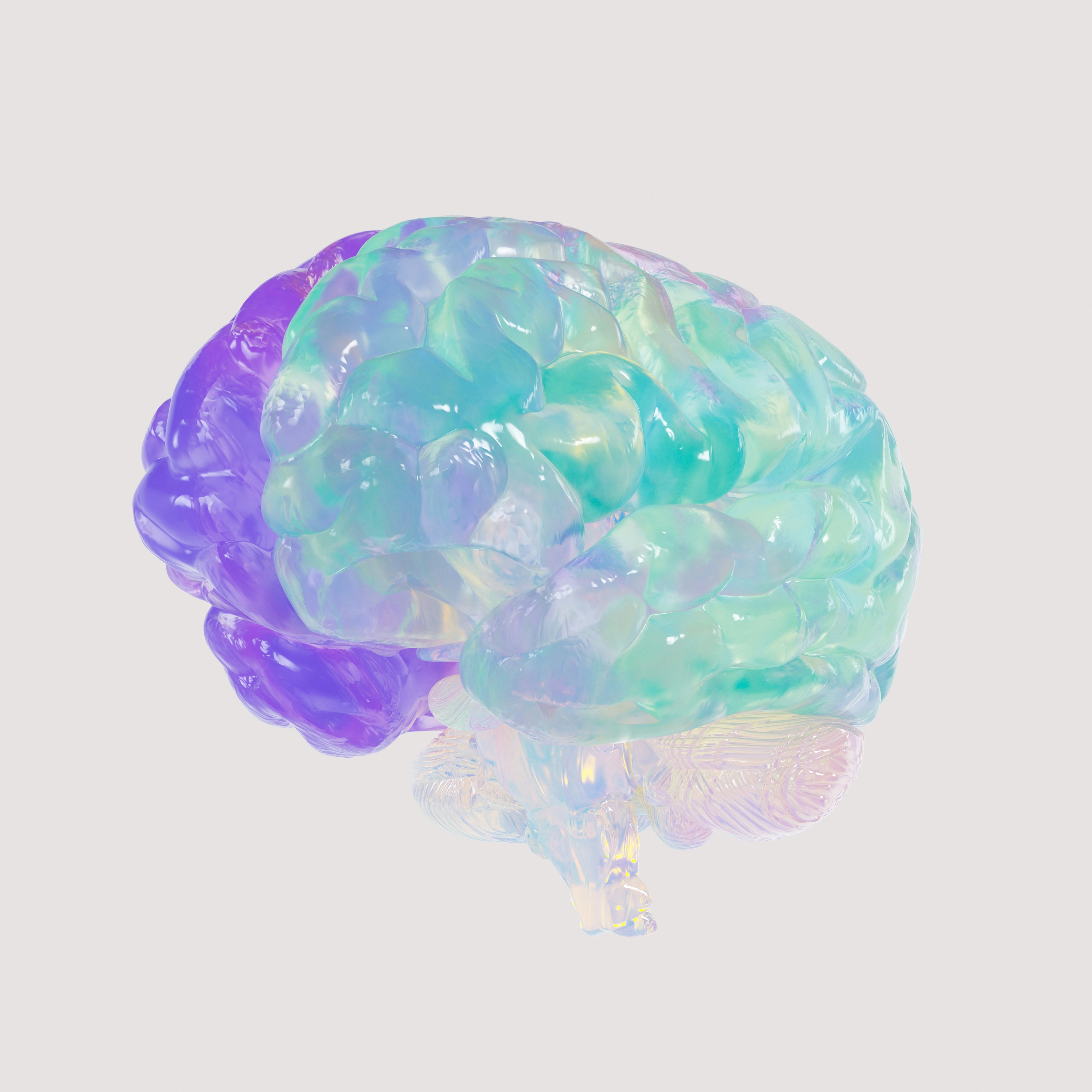1. What is neuromarketing in mobile UI?
Neuromarketing in UI design means using neuroscience and psychology to influence user behavior. In mobile apps, this includes how color, animation, and interaction patterns are used to guide choices, reduce friction, and increase engagement—often by tapping into unconscious behavior patterns.
2. Color psychology in UX – what works and why
Color is one of the fastest ways to create emotional response:
Blue – trust, calmness (used in finance, health, productivity apps)
Red – urgency, excitement (used in notifications, sales prompts)
Green – positivity, growth (commonly seen in wellness and tracking apps)
Yellow/Orange – attention-grabbing but risky if overused
Consistency and contrast also matter—users quickly form habits based on predictable color behavior (e.g., green = confirm).
3. Motion and microinteractions – reinforcing behavior through movement
Animations and motion cues provide real-time feedback and guide attention:
Progress animations create satisfaction (habit loops)
Subtle transitions reduce cognitive friction
Repetitive animations help form memory triggers (e.g., bounce on error)
But overuse causes fatigue or distraction—microinteractions must feel purposeful and fast (under 200ms ideally).
4. Designing for user habits and decision loops
Mobile apps succeed when they align with user behavior patterns. Use these principles:
Cue > Routine > Reward (habit loop by Charles Duhigg)
Clear onboarding to set expectations
Repeated structure (same button positions, gestures)
Predictable timing (e.g., when to show reminders)
Apps like Duolingo or Headspace use these behavioral cycles to build consistency and retention.
5. Ethical neuromarketing – influence without manipulation
It’s easy to cross into dark UX territory when leveraging psychological principles. Stick to ethical neuromarketing by:
Avoiding deceptive urgency (fake countdowns, misleading alerts)
Giving users control over notifications and interactions
Clearly showing choices and allowing opt-outs
Using persuasion to assist, not coerce
This fosters trust and long-term user engagement.
Summary and next steps
By combining the right colors, motion, and behavior-driven patterns, neuromarketing can turn a mobile app into a smooth, habit-forming experience. The key is subtlety, consistency, and empathy—design with users, not just for them.





